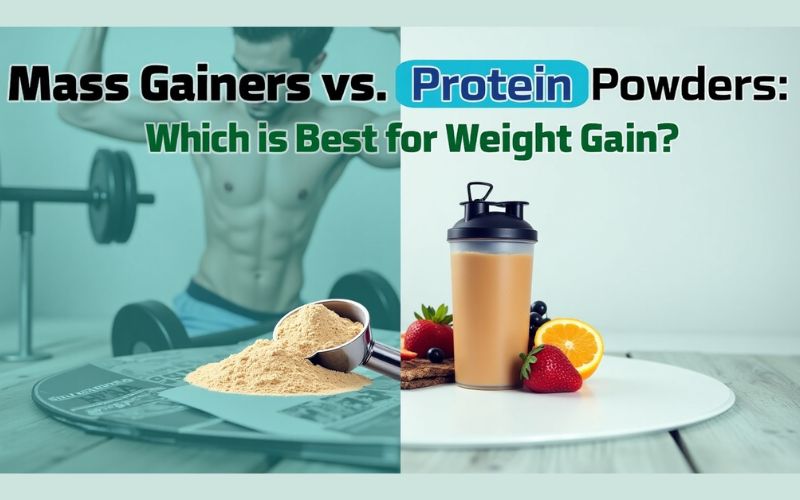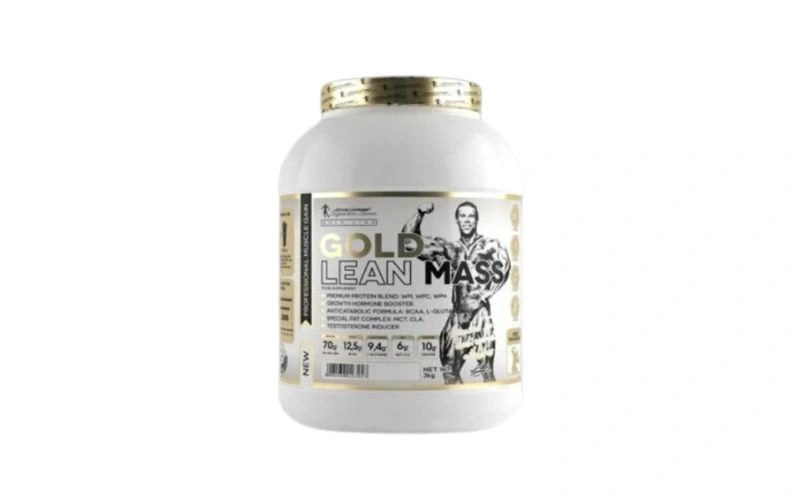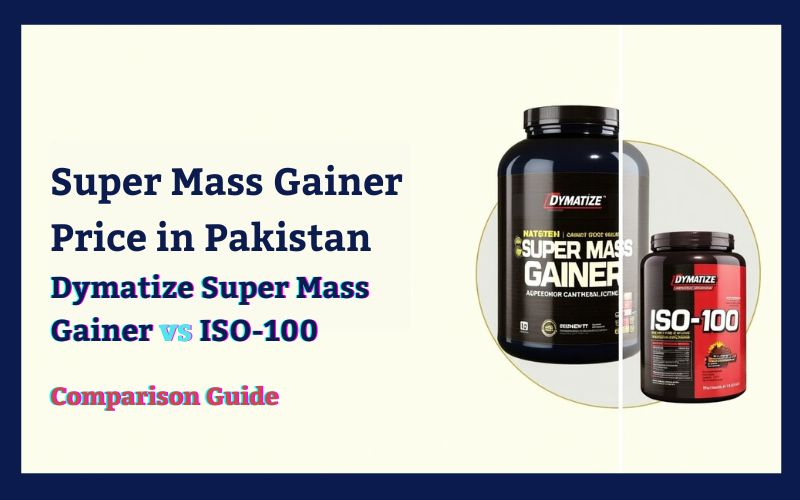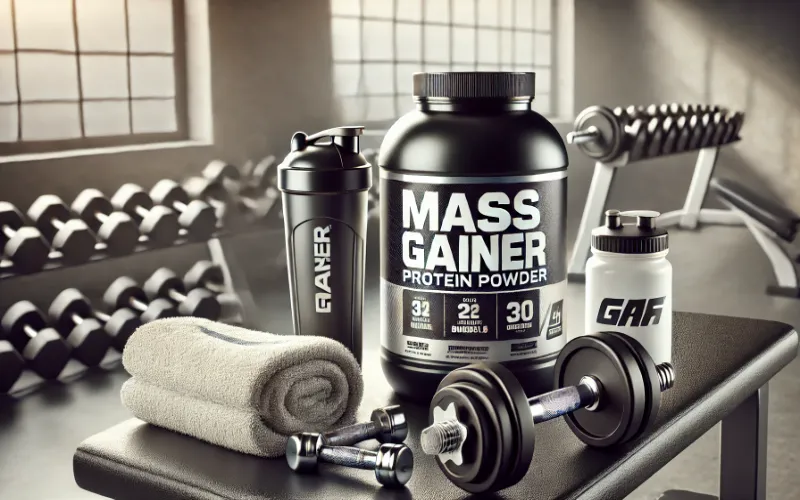Choosing the right supplement can make or break your fitness journey especially if you’re a hard gainer, beginner, or someone struggling to put on healthy weight. In the world of muscle gain supplements, two popular contenders often spark confusion: mass gainers and protein powders.
While both are staples in many gym-goers’ cabinets, they serve different purposes. Understanding their unique roles is crucial if your goal is effective, sustainable weight gain. Whether you’re a teenager trying to bulk up, a woman looking to build lean muscle, or a beginner navigating the supplement aisle for the first time this guide will help you decide what’s best for your body and goals.
Let’s explore the difference between mass gainer and whey protein, their nutritional benefits, and how to use them smartly.
Table of Contents
What Are Mass Gainers?
Mass gainers are high-calorie supplements designed specifically to help individuals gain weight, often used by ectomorphs or people with a fast metabolism.
What’s Inside a Mass Gainer?
Typically, a serving of mass gainer contains:
- Carbohydrates: 50–100g+ (usually from maltodextrin or other fast-digesting sources)
- Protein: 20–60g (from whey, casein, or blends)
- Fats: 5–15g (sometimes added MCT oils)
- Calories: Ranges from 500 to over 1200 per serving
Some also include added vitamins, minerals, creatine, and digestive enzymes.
Who Should Use Mass Gainers?
These supplements are ideal for:
- Hard gainers who burn calories faster than they consume
- Teenagers with high metabolic rates
- Athletes in a bulking phase
- Individuals recovering from illness or underweight issues
Pros of Mass Gainers
- High-calorie density helps meet surplus goals easily
- Convenient for those who struggle to eat large meals
- Supports fast weight gain
Cons of Mass Gainers
- Risk of fat gain if not monitored
- Often loaded with sugar or fillers
- May cause digestive discomfort in some users
What Are Protein Powders?
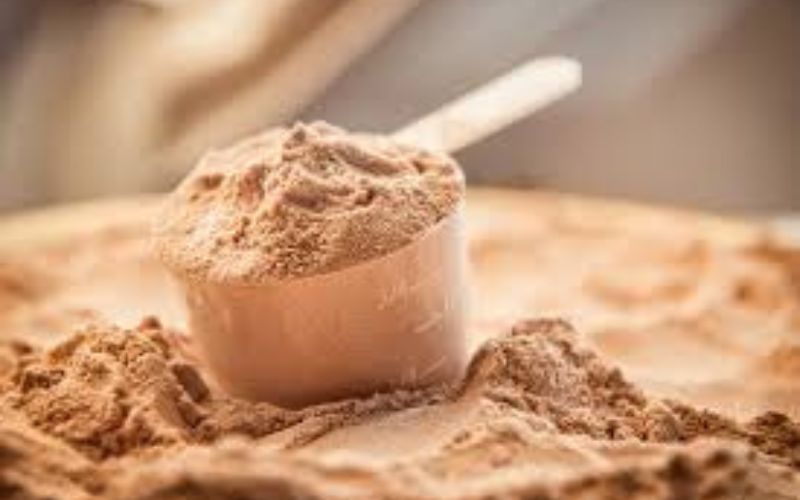
Protein powders are concentrated sources of protein designed to help you meet your daily intake for muscle repair, recovery, and growth not necessarily for weight gain alone.
Common Types of Protein Powders:
- Whey Protein Concentrate: Budget-friendly and popular
- Whey Isolate: Low in fat/lactose, fast-absorbing
- Casein: Slow-digesting, ideal for nighttime
- Soy, Pea, or Plant-Based: Good for vegans/lactose intolerant users
Who Should Use Protein Powders?
These are perfect for:
- Beginners focused on lean muscle building
- People looking to tone without excess fat
- Women and teens needing controlled calorie intake
- Those supplementing a balanced diet
Pros of Protein Powders
- Lean and lower in calories
- Great for muscle repair and recovery
- Versatile—can be added to smoothies, oats, pancakes
Cons of Protein Powders
- Not enough calories alone for weight gain
- May require multiple servings or added foods for surplus
- Quality varies widely between brands
Mass Gainers vs. Protein Powders: Key Differences
When it comes to choosing the best supplement for weight gain, understanding how these two compare is critical.
Nutritional Breakdown
| Feature | Mass Gainer | Protein Powder |
| Calories | 500–1200+ | 100–150 |
| Carbs | High | Low |
| Protein | Moderate to High | High |
| Fat | Moderate | Low |
Satiety & Digestion
- Mass Gainers: Heavy, can cause bloating or discomfort in sensitive users.
- Protein Powders: Light and easily digestible.
Muscle Gain vs. Fat Gain
- Mass Gainers: Can cause fat gain if overused or paired with a sedentary lifestyle.
- Protein Powders: Promote lean muscle gain with proper resistance training.
Suitability by Body Type & Goal
| Goal / Body Type | Recommended |
| Ectomorph / Fast Metabolism | Mass Gainer |
| Lean Muscle Building | Protein Powder |
| Budget-conscious bulkers | Protein Powder + high-calorie whole foods |
| Dirty Bulk (fast mass gain) | Mass Gainer |
| Lean Bulk (controlled muscle gain) | Protein Powder |
Which Is Better for Weight Gain?
The answer depends on your body type, lifestyle, metabolism, and fitness goals.
For Beginners
Start with protein powder and a high-calorie meal plan. Only switch to a mass gainer if you’re not seeing results after 3–4 weeks.
For Underweight Individuals
If you’re medically underweight or recovering from illness, mass gainers can be a lifesaver in rebuilding lost muscle and fat.
For Athletes
Use protein powders for lean gains. Add mass gainers during intense training cycles for bulking seasons.
For Teenagers
Choose wisely—protein powders are safer for gradual, healthy growth. Avoid overusing mass gainers, which may spike insulin and promote fat gain.
For Women
Go with protein powders unless you’re severely underweight. Mass gainers can lead to unnecessary fat gain if not managed carefully.
Common Mistakes to Avoid
Many first-time supplement users fall into traps that stall progress. Avoid these:
- Over-relying on supplements without a solid diet
- Ignoring timing (post-workout is optimal)
- Taking too much at once, leading to bloating
- Not pairing with resistance training
Supplements only work when your training, diet, and recovery are on point.
Supplement Safety & Authenticity Tips
Not all supplements are created equal. The market is flooded with fake, expired, or contaminated products, especially in developing countries.
Tips for Safe Usage:
- Buy from trusted retailers or official brand websites
- Always check for third-party testing (e.g., Informed-Choice, NSF)
- Scan QR codes or use authentication apps (e.g,. ON, etc.)
- Read the label: avoid products with excessive sugar, proprietary blends, or undisclosed ingredients
- Monitor for side effects—acne, bloating, fatigue may signal poor quality
Conclusion: Mass Gainers vs. Protein Powders—Which is Best for Weight Gain?
When it comes to mass gainers vs. protein powders, there’s no one-size-fits-all answer. For most beginners, protein powder combined with calorie-dense whole foods is the safest and most effective route. If you’re still struggling to hit your calorie surplus, or you’re an ectomorph needing 3000+ calories per day, mass gainers can fill the gap.
Remember: smart supplementation aligns with your training, lifestyle, and metabolism. Don’t chase quick gains—build your body with purpose.
? FAQs
Q1: Can I use both protein powder and mass gainer?
Yes, but you should time them wisely. Use protein powder post-workout and mass gainer between meals or as a meal replacement if needed.
Q2: Are mass gainers safe for teenagers?
Only under supervision. Teenagers should focus on whole foods first, and use protein powders for safer growth.
Q3: What’s the best supplement for weight gain without fat?
Whey protein plus complex carbs and healthy fats is ideal for lean bulking.
Q4: Is whey protein enough for weight gain?
Yes—if paired with a high-calorie diet. Add oats, bananas, peanut butter to shakes to boost calorie intake.
Q5: How long does it take to see results?
With consistency, expect 1–2kg gain per month for lean bulking. Results vary based on diet, training, and metabolism.














